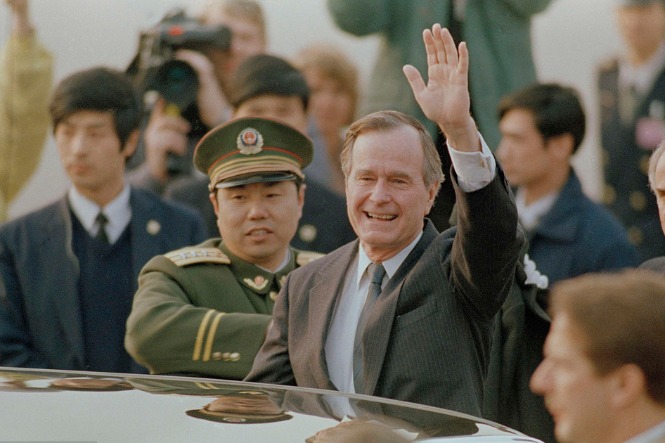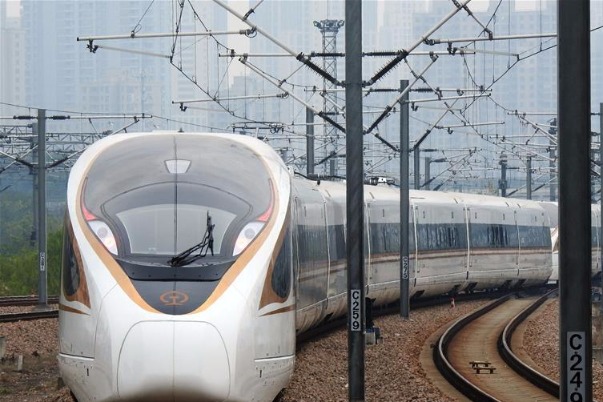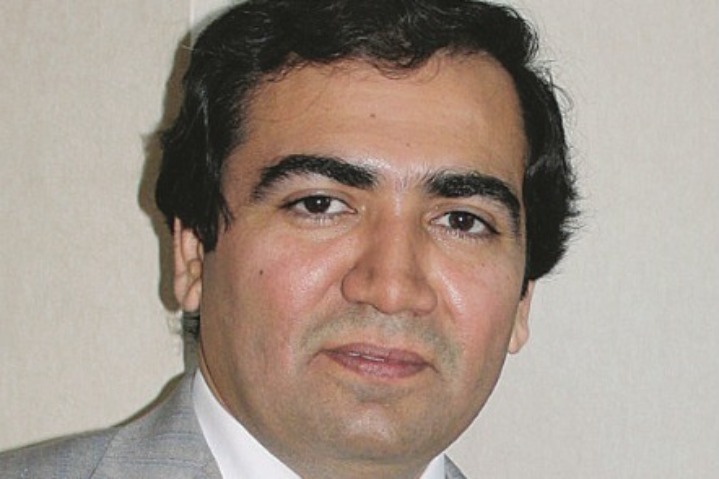US leaders must introspect before raising rhetoric on trade war
At a time when US President Donald Trump's plan to impose hefty tariffs on steel and aluminum imports from China and other economies is raising the specter of a trade war, it's important to caution against policymaking based on a "misjudgment" or "wrong perception".
On Thursday, Trump vowed to impose 25 percent tariff on imported steel and 10 percent on aluminum, which he claims pose a threat to US national security. Many experts, however, say the United States administration's case looks weak.
As trade expert Phil Levy has said, the US Commerce Department report claiming metal imports had eroded the country's ability to make its own weapons also noted the Defense Department's steel needs require a measly 3 percent of total US steel production, which has been a steady 70 percent of the US market's total demand for steel, James Pethokoukis, an American Enterprise Institute economic policy analyst, wrote in a post on Friday. "So national security is a flimsy, even vaporous, justification for tariffs," Pethokoukis said.
While Trump believes the tariffs will safeguard US jobs, the impact of the increased prices on steel and aluminum users would destroy more jobs than the import curbs would create. For example, the tariffs will help the steel industry that employs about 140,000 workers but at the cost of far more others, for example, the 6.5 million who work in the industries that buy steel, Reuters and the Associated Press said on Friday.
Following Trump's vow to increase tariffs and his ratcheted-up trade war rhetoric, Zhang Yesui, spokesperson for the first session of the 13th National People's Congress and China's former ambassador to the US and, said on Sunday that China doesn't want a trade war with the US. He cautioned: "If policies are made on the basis of mistaken judgments or wrong assumptions, it will damage bilateral relations and bring about consequences no side wants to see."
Besides, Stephen Orlins, president of the National Committee on US-China Relations, said "the portrayals of China and of US-China relations" in the US National Security Strategy, National Defense Strategy and US Trade Representative documents lack context. "The positive aspects of this relationship were ignored," he said, according to a Xinhua report on Saturday.
And in January, the White House said the US "mistakenly" supported China's entry into the World Trade Organization in 2001 on terms that have failed to force Beijing to open up its economy. But after China joined the WTO, Americans with lower incomes have been able to save $1,000 to $1,500 a year on the purchase of basic household items alone, the Xinhua report quoted Orlins as saying. "They can live better. Where is that" reflected in those trade documents?
In his book, Cracking the China Conundrum: Why Conventional Economic Wisdom is Wrong, Yukon Huang, former World Bank China director, said there have been a slew of prevailing misperceptions about China among Americans. For example, false perceptions about US-China trade has made many Americans reach the wrong decision on which country is the world's leading economic power, says Huang.
A decade ago, the annual Gallup and Pew polls on which country is the world's leading economic power would evoke a clear answer from Americans: the United States. Only one in 10 would have said it was China, according to Huang.
"Today, the majority of Americans will say China is the world's leading economic power, while the vast majority of Chinese say America is," Huang said at a book discussion.
Such misconceptions are driving Americans to believe China is posing a challenge to the US, and it seems US leaders are further perpetrating this belief to derive political benefit out of such misconceptions.
That such acts go against the grain of free trade and globalization is obvious. The sooner the prejudiced US leaders and observers change their policies and attitudes the better it will be for the US and the rest of the world.
The author is deputy editor-in-chief of China Daily USA.
huanxinzhao@chinadailyusa.com


















